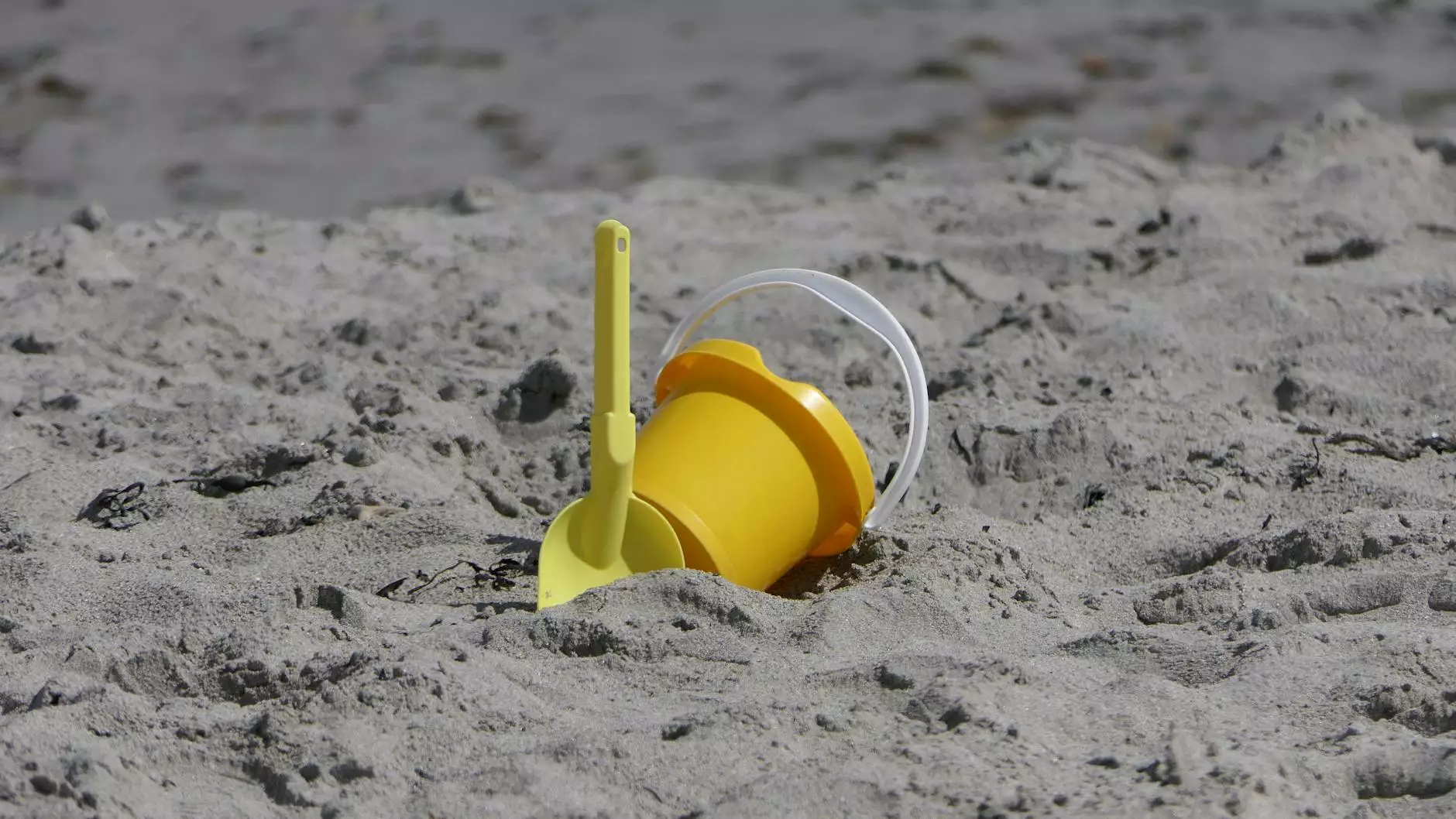Bacterial Colonization in Urine and Symptomatic Urinary Tract Infection (UTI)

Understanding Bacterial Colonization in Urine
Bacterial colonization in urine refers to the presence of bacteria in the urinary tract, specifically in the urine itself. While bacteria in the urinary tract is not always indicative of an infection, it can sometimes lead to the development of a symptomatic urinary tract infection (UTI).
Symptomatic Urinary Tract Infection (UTI)
A symptomatic urinary tract infection (UTI) occurs when bacteria in the urinary tract cause the onset of specific symptoms. These symptoms can include frequent urination, a strong and persistent urge to urinate, a burning sensation during urination, cloudy or dark urine, and pelvic pain. UTIs are more common in women than men and may require medical treatment to prevent complications.
Causes of Bacterial Colonization in Urine
The bacteria that colonize the urine can enter the urinary tract through various means. Common causes include poor hygiene practices, sexual activity, the use of certain types of birth control, urinary catheters, and urinary tract abnormalities. It's important to note that bacterial colonization in urine does not always lead to a UTI, but it can increase the risk of developing one.
Complications and Risks
If left untreated, a symptomatic UTI can lead to more severe complications, particularly in individuals with weakened immune systems or other underlying health conditions. Possible complications include kidney infections, recurrent UTIs, and complications during pregnancy. It is crucial to seek prompt medical attention if you suspect a UTI to prevent these potential complications.
Diagnosis and Treatment
Diagnosing a bacterial colonization in urine and symptomatic urinary tract infection (UTI) involves a combination of physical examinations, analysis of urine samples, and possibly additional diagnostic tests. Your healthcare provider, such as Foley James D MD, will assess your symptoms and medical history to determine the most suitable course of action.
Treatment for a UTI typically involves a course of antibiotics to eradicate the bacteria causing the infection. It is important to complete the full course of antibiotics as prescribed, even if symptoms improve, to ensure the infection is completely cleared. In some cases, your healthcare professional might recommend additional measures such as increasing fluid intake or providing pain-relief medications.
Preventing Bacterial Colonization and UTIs
While it may not always be possible to completely prevent bacterial colonization in urine or UTIs, there are steps you can take to reduce the risk:
- Maintain good personal hygiene, particularly when it comes to the genital area.
- Drink plenty of water to help flush out bacteria from the urinary tract.
- Urinate before and after sexual activity.
- Ensure proper cleanliness of urinary catheters, if they are necessary for medical reasons.
- Avoid using irritating feminine products or excessive use of douches.
- Wear breathable clothes and cotton underwear.
- Follow your healthcare provider's instructions if you have a history of recurrent UTIs or other related conditions.
Guidance from Foley James D MD
At Foley James D MD, we are committed to providing comprehensive and personalized care in the field of health. Our team of healthcare professionals, led by Dr. Foley James, is experienced in the diagnosis and treatment of bacterial colonization in urine and symptomatic urinary tract infections (UTIs).
If you suspect you may have a UTI or have questions regarding bacterial colonization in urine, we are here to help. Contact our clinic to schedule an appointment or learn more about our services in the health category.




